Before social media and podcasts, there was one undeniable truth about news-making interviews: if a story mattered, Barbara Walters would be the one to tell it.
Landing a one-on-one with her didn’t just mean publicity, it meant you had become part of a national conversation. But while the interview signified that you had made it, there was one thing most guests tried (and often failed) to avoid: tearing up on camera.
Barbara Walters redefined how to tell a great story and who got to tell it. In the new Hulu documentary from ABC News Studios and Imagine Entertainment, Barbara Walters: Tell Me Everything, she finally gets her own closeup, a film worthy of both her influence and complexity.
The story we didn’t know
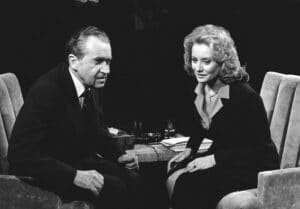
The first woman to co-anchor a network evening news program, Walters built a career on essential, unforgettable interviews. From Michael Jackson to Fidel Castro, Fred Astaire to Vladimir Putin, her ability to get to the emotional core of her subjects became her signature.
If you’re expecting the Walters who was a constant presence in your living room, then trust me, this documentary lands differently. It’s a full-blown excavation, pulling back layers to reveal what shaped her, what battles she was fighting, and what drove her sheer determination.
Under Jackie Jesko’s direction, the doc moves with the same urgency and precision of a Barbara Walters Special. It stitches together decades of evolution not just in her life, but in journalism itself, and its get to the heart of how she fought to be taken seriously and won, often at great personal cost.
Watching archival footage in Tell Me Everything feels both nostalgic and exhilarating. The sheer scope of her career, sitting across from so many world leaders or celebrities at their peak, reminds us how consequential she was. The film weaves together pivotal moments that capture her ability to navigate high-stakes conversations with grace and grit.
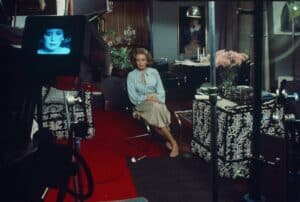
Through reflections from people like Katie Couric and ABC News Studios’ David Sloan, we get new insights into why her interviews held emotional weight. The camera hones in on subtle expressions, and you see colleagues light up recounting moments when Walters unearthed truths others missed.
The score and editing shape this journey through history: music cues that describe each era’s mood, cuts that transition seamlessly between milestones. These technical choices mirror Walters’ own craft – meticulous, purposeful, emotionally resonant.
Narrating her own life
The most powerful voice in the doc isn’t from her famous peers or subjects. It’s Barbara. Through decades of archival footage, Walters guides us through the triumphs and fallout of her public life. It’s a rare thing to see a legacy unfold in the words of the person who built it. For a woman who was often reduced to her gender or her ambition, the self-narration feels like justice.
She is even transparent about her romantic life and, most interestingly, her life as a mother. From her shortcomings to her desires, Walters bares it all, becoming like one of her subjects: raw, honest and vulnerable.
The crisis that drove her
One of the most surprising revelations in the documentary is one of the defining moments of her life. In her 20s, when she was just starting out, her father’s entertainment ventures collapsed, pushing her into the role of the family’s sole breadwinner. That detail reframes everything about her work ethic: ambition wasn’t secondary, it was survival. She simply didn’t have the luxury to coast. It’s a stark reality that set up her career and ultimately defined her, pushing her to become one of the most hardworking and tenacious reporters in news.
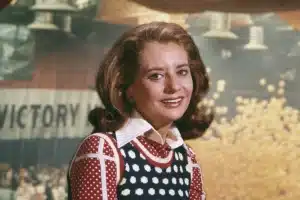
During the eras when male anchors utterly dominated every major network desk, Walters’ deeply-ingrained determination became her armor, her superpower. She relentlessly prepared, she was undeniably more composed, and she was keenly aware of what her mere presence signified.
The film doesn’t shy away from the brutal resistance she faced — from male co-hosts who overtly resented her presence to critics who unfairly dismissed her interviewing style. Instead, it honors her for not just overcoming but utterly surpassing every single hurdle thrown her way.
Changing what an interview could be
Walters didn’t really do gotcha journalism. She did intimacy. Her conversations were often less about confrontations and more about invitations. And that made people open up. Tell Me Everything shows the behind-the-scenes hustle it took to land those exclusive interviews and what she went through to prepare for them – writing out 100s of questions on index cards and shuffling them until she had a story arc.
But the film also reminds us why her interviews mattered – beyond getting celebrities to reveal their secrets. In her 1977 interview with Fidel Castro, which broke ground not only because of the access she secured, she challenged him directly on human rights and repression. As Oprah shares, Walters “asked the question that nobody else had asked, and asked it in a way that always hit a nerve.”
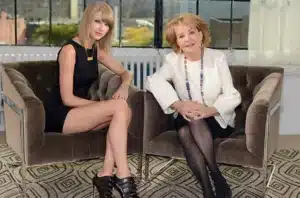
The film does pose a few timely questions: how can reporting like hers survive? In an era where access is curated by social feeds and PR teams, is there still room for journalists who ask honest, intimate questions the way Walters did, and without click baiting?
Whether you remember her as the first female evening-news co-anchor, the woman who co-created The View, the co-host of 20/20, or simply as the interviewer who asked the questions everyone else danced around, Barbara Walters: Tell Me Everything reminds us why she mattered. It’s an exciting and fitting tribute to a person who broke some of the biggest barriers and shaped history.
Watch Barbara Walters: Tell Me Everything on Hulu starting June 23, 2025. Stick around for her flirtation with Clint Eastwood. Then talk about it and remember: Barbara never wanted to be liked; she wanted to be heard.


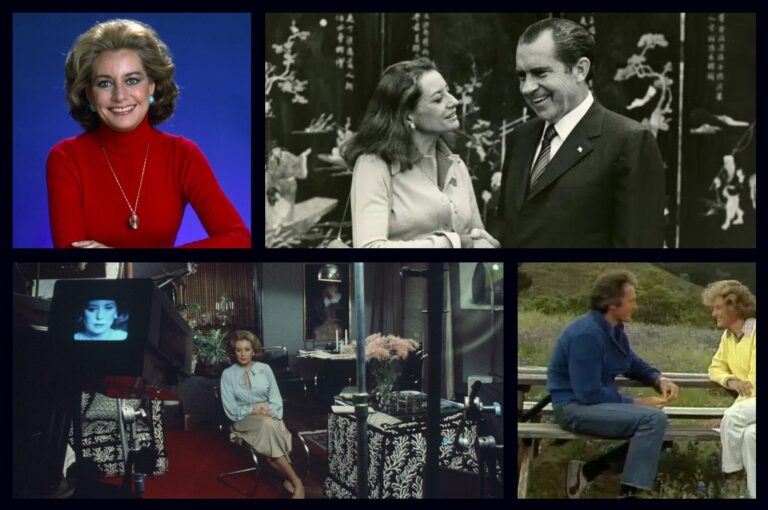
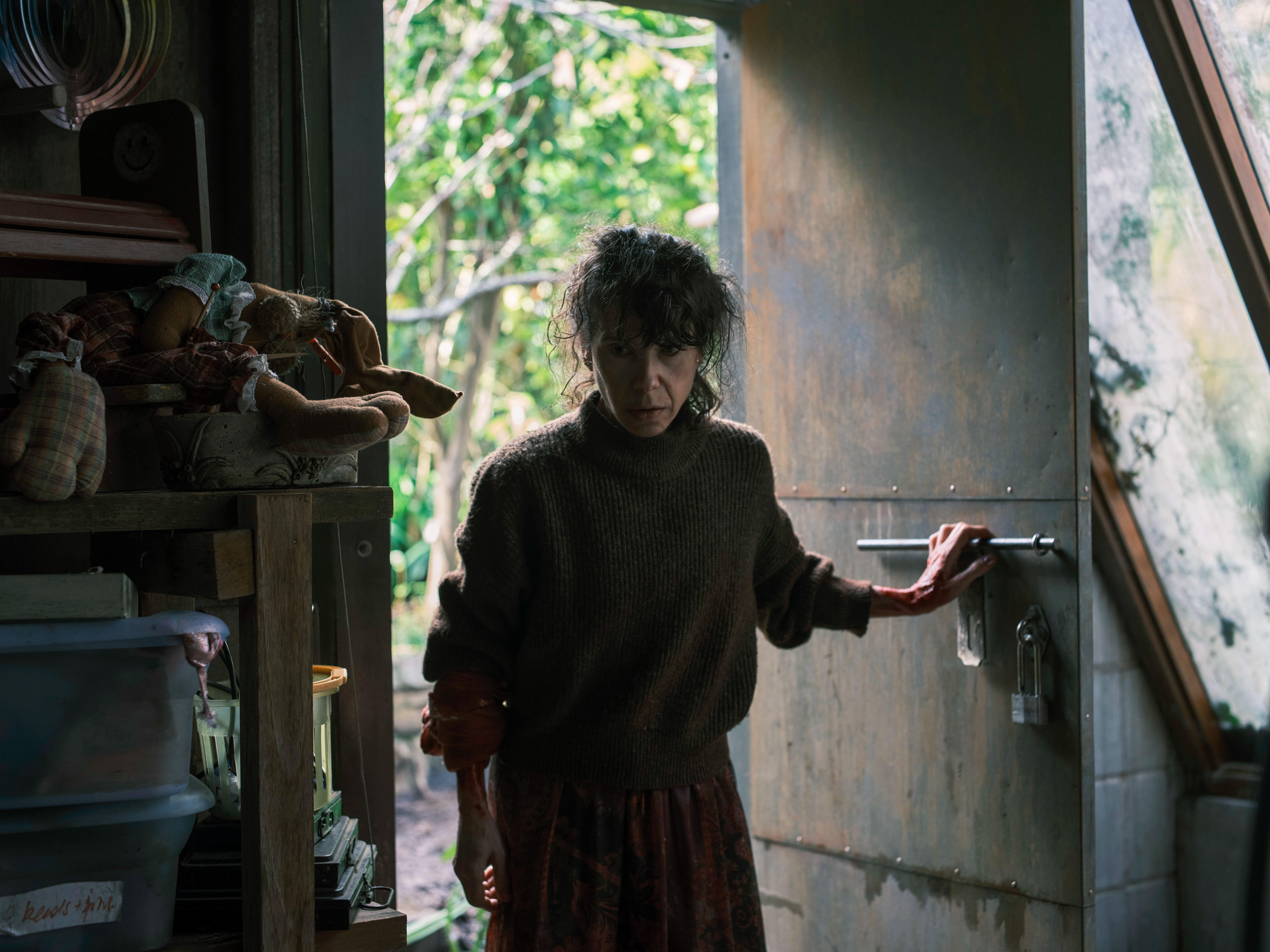
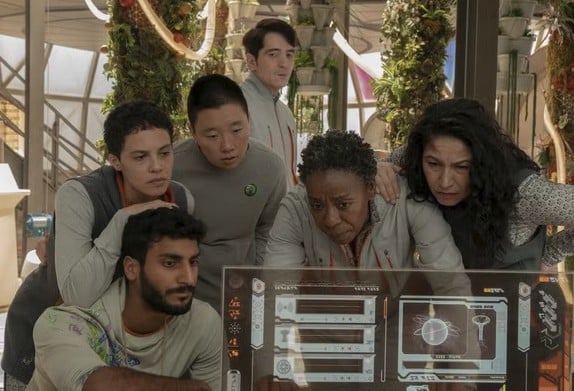
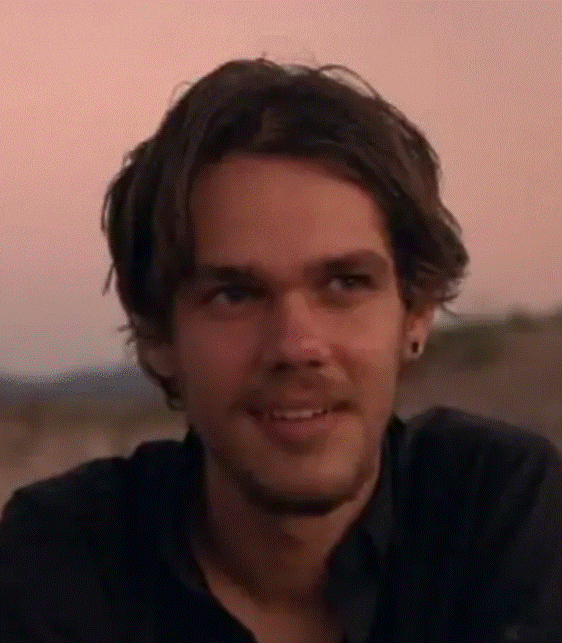



Start a watercooler conversation: